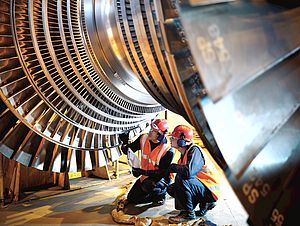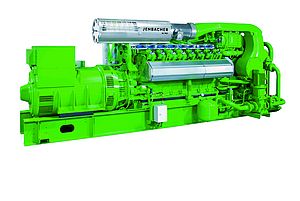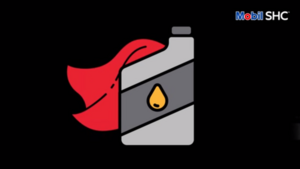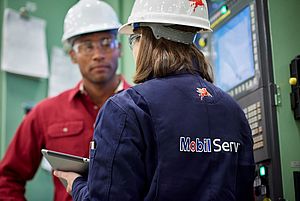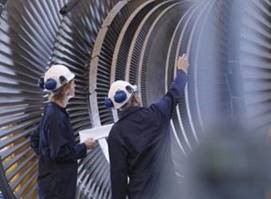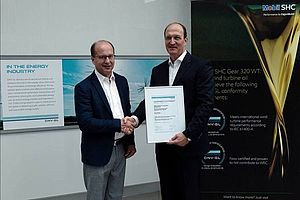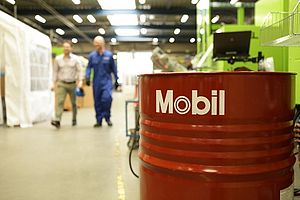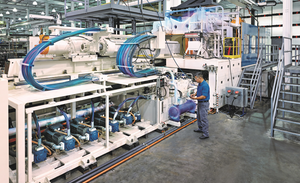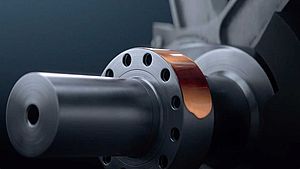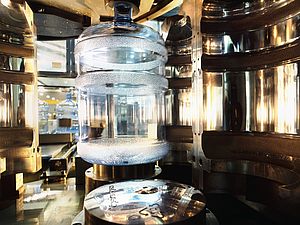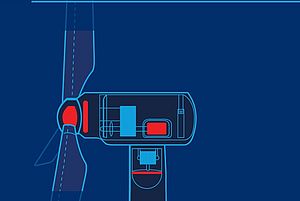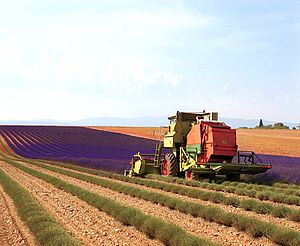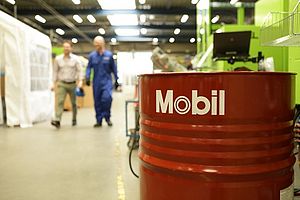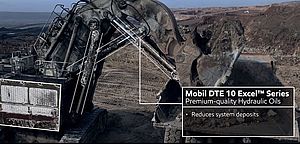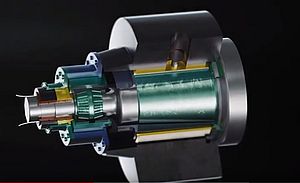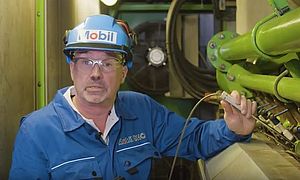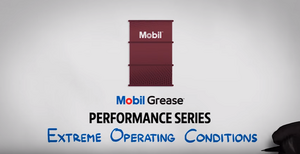Over the last two decades, there has been an increase in alternative power sources. Gases produced from waste such as landfill and biomass are becoming increasingly important contributors to the energy sector. With these new gases, however, come new challenges for engine operators.
The challenge
Biogas is a catch-all term for many different gases - those from landfill and agricultural waste, for example - and each gas presents its own challenges. Contaminants such as siloxanes and hydrogen sulphides can be present in high levels, and have the potential to accelerate wear in liners and piston rings, causing engine failure. This means close attention must be paid to maintenance operations, including the lubrication of engines.
The solution
The correct lubricant can help to significantly extend oil drain intervals, boosting reliability and power output. This is achieved by improving engine durability through a lubricant's ability to provide outstanding anti-wear and anti-scuff performance, and exceptional carbon and varnish deposit control - mitigating some of the challenges of operating engines on biomass and landfill gases.
The condition of a lubricant should also be checked regularly to avoid equipment downtime. Trending oil analysis data over time, using an oil analysis programme, can help operators anticipate oil drain intervals, reduce maintenance and, in turn, improve safety.
ExxonMobil's Mobil Pegasus series has been at the forefront of gas engine lubricant technology for 50 years. A new product, Mobil Pegasus 605 Ultra 40, has been launched in 2015 specifically designed for this era of new gases.
For more information visit www.mobilindustrial.com




